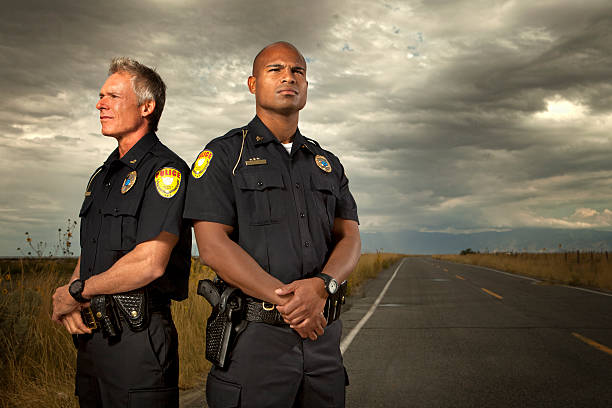As the popularity of music concerts and shows continues to rise, ensuring maximum security at these events has become an imperative concern. With large crowds, high-profile artists, and heightened excitement, music events can be vulnerable to various security risks. However, by implementing robust security measures, event organizers can create a safe environment for attendees and performers alike. Here we will discuss key strategies to enhance security at music concerts and shows, addressing potential threats and emphasizing the importance of proactive planning.
1. Risk Assessment and Planning
Before any concert or show takes place, a comprehensive risk assessment should be conducted. This evaluation involves identifying potential security threats and vulnerabilities specific to the event. Factors such as venue location, crowd size, and artist popularity play significant roles in determining potential risks. By understanding the potential threats, event organizers can develop an effective security plan tailored to the unique needs of the event.
2. Collaborative Partnerships
Creating strong collaborative partnerships with various stakeholders is crucial to maximizing security at music concerts and shows. These partnerships may include local law enforcement agencies, private security firms, venue management, emergency services, and event staff. Regular communication and coordination among these entities ensure a cohesive approach to security management. Sharing information, establishing protocols, and conducting joint training exercises are essential steps to create a unified front against potential security threats.
3. Access Control and Screening
Implementing stringent access control measures is vital to maintaining security at music events. Utilizing trained security personnel to conduct thorough bag checks and body screenings at entry points helps detect prohibited items or potential threats. Deploying metal detectors, X-ray machines, and explosive detection devices further enhances the screening process. Additionally, employing electronic ticketing systems, wristbands, or RFID technology allows for efficient crowd management and reduces the risk of counterfeit tickets.
4. Crowd Management
Effectively managing large crowds is crucial to ensuring the safety and security of concert attendees. Event organizers should establish clear and visible signage, designated entry and exit points, and well-defined emergency evacuation procedures. Trained security personnel and ushers should be positioned strategically throughout the venue to assist attendees and maintain order. Regular crowd monitoring and proactive crowd control measures help prevent overcrowding and minimize the risk of accidents or panic situations.
5. Surveillance Systems
Utilizing advanced surveillance systems is an integral part of concert security. Installing a network of high-definition cameras at various locations within the venue provides comprehensive coverage, allowing security personnel to monitor crowd behavior, identify potential threats, and respond swiftly to any suspicious activities. Surveillance systems can be complemented with facial recognition technology, enabling the identification of individuals on watch lists or those involved in criminal activities. Buy 410 gauge ammo with latest guns to protect concert from criminal activities.
6. Emergency Preparedness
Preparing for potential emergencies is essential to handle any unexpected situations that may arise during a music event. Event organizers should develop comprehensive emergency response plans in collaboration with relevant stakeholders. These plans should include procedures for medical emergencies, fire incidents, natural disasters, or terrorist threats. Regular training sessions and drills with staff and security personnel ensure everyone understands their roles and responsibilities and can respond effectively during a crisis.
7. Communication and Public Awareness
Maintaining open lines of communication with attendees is crucial for effective security management. Event organizers should provide clear instructions and safety information through multiple channels, including social media, event websites, mobile apps, and physical signage. Encouraging attendees to report suspicious activities and providing them with emergency contact information helps create an engaged and vigilant crowd. Public awareness campaigns can also educate attendees about safety measures, crowd etiquette, and personal responsibility.
Conclusion
Ensuring maximum security at music concerts and shows is a multifaceted task that requires careful planning, collaboration, and proactive measures. By conducting thorough risk assessments, establishing strong partnerships, implementing access control and screening procedures, effectively managing crowds, utilizing surveillance systems, preparing for emergencies, and fostering open communication, event organizers can create a safe and enjoyable environment for music enthusiasts. By prioritizing security, concerts and shows can continue to be celebrated as vibrant and memorable experiences while minimizing potential risks and ensuring the well-being of all attendees and performers.

